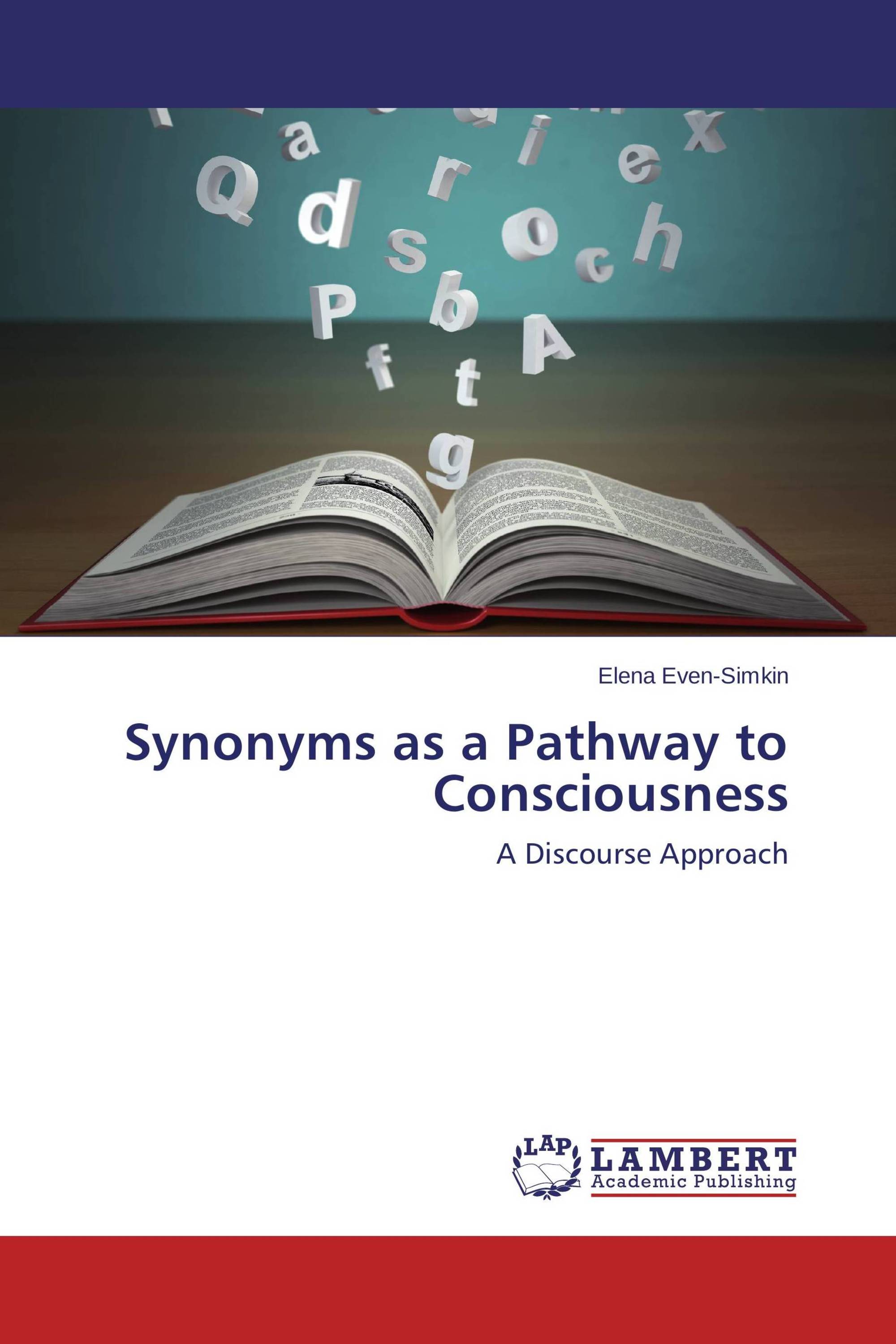This book provides a semiotic analysis of the semantic distinction between the forms: "thus" and "therefore", in terms of the sign-oriented theory (de Saussure 1959 [1916], Tobin 1990). Traditionally, both forms have been referred to as synonyms that have a connective or conjunctive role. However, the form "thus" is also marked for another distinctive semantic feature Semantic Integrality, i.e., the perception of entities in continuous space, time and existence which accounts for the additional functions of "thus" as a marker of thematic or intense cohesion. This book presents a novel view on the synonymous forms from the semiotic perspective, maintaining the idea that the invariant meaning of the signs, such as: "thus" and "therefore" is in a marked versus unmarked relationship for the distinctive semantic feature of Semantic Integrality which may, indeed, explain their distribution. The goal of this book is to show that the very difference in the invariant meaning of the signs motivates the choice for one form over another in a unified and systematic way, further showing that the so-called synonyms may serve as a pathway to the speaker's consciousness.
Book Details: |
|
|
ISBN-13: |
978-3-659-80704-6 |
|
ISBN-10: |
3659807044 |
|
EAN: |
9783659807046 |
|
Book language: |
English |
|
By (author) : |
Elena Even-Simkin |
|
Number of pages: |
148 |
|
Published on: |
2015-12-03 |
|
Category: |
English linguistics / literature science |
